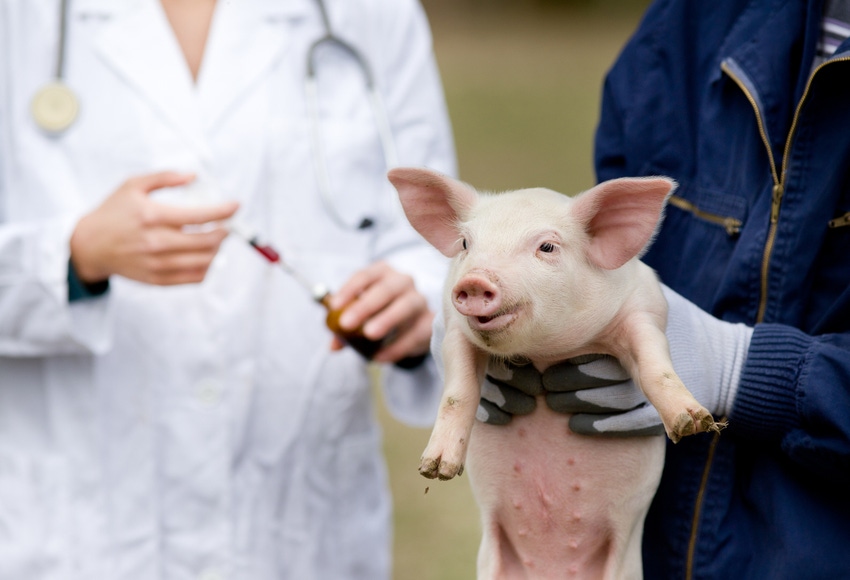FDA releases new animal and veterinary innovation agenda
Plan spells out four key objectives.

The U.S. Food and Drug Administration (FDA) released its new animal and veterinary innovation agenda on Friday. Agency officials say it is a new step that will further modernize FDA’s approach to evaluating and supporting the development of innovative animal and veterinary products. They add it will also increase regulatory flexibility, predictability and efficiency.
The plan has four objectives, including supporting technologies and products that address high-priority needs, aligning regulatory pathways to the modern landscape, and addressing gaps to new technologies and emerging health threats. The plan also aims to enhance the One Health program, which focuses on the interconnections between humans, animals, plants and their shared environment.
FDA commissioner Robert Califf says the agency is committed to helping developers bring products to market that enhance public health, addressing gaps specific to new technologies and emerging health threats.
“Novel technologies brought to the forefront in recent years have the potential to set a new course for the way veterinarians and food producers support human and animal health,” Califf says. “This comprehensive agenda is intended to accelerate smart regulatory pathways and enhance continued public confidence in the FDA’s regulation of these products, while avoiding unnecessary barriers to future industry advancements.”
The new agenda focuses on products like novel food ingredients that enhance animals’ nutritional efficiency and production. It also addresses biotechnology innovations like animal cell-and-tissue based products, intentional genomic alterations in animals and cell-cultured animal food ingredients.
FDA will encourage the development of products addressing unmet human and animal needs, particularly the lack of targeted animal therapeutics.
“This exciting time of technological advancement is an opportunity to continue modernizing our approaches in ways that both support and spur innovation,” Center for Veterinary Medicine director Tracy Forfa says. “These new animal and veterinary products have the potential to make a real difference for both human and animal health, and we have the responsibility to ensure they are safe and effective. This agenda will lead us forward, while also protecting public health and ensuring consumer confidence.”
About the Author(s)
You May Also Like





